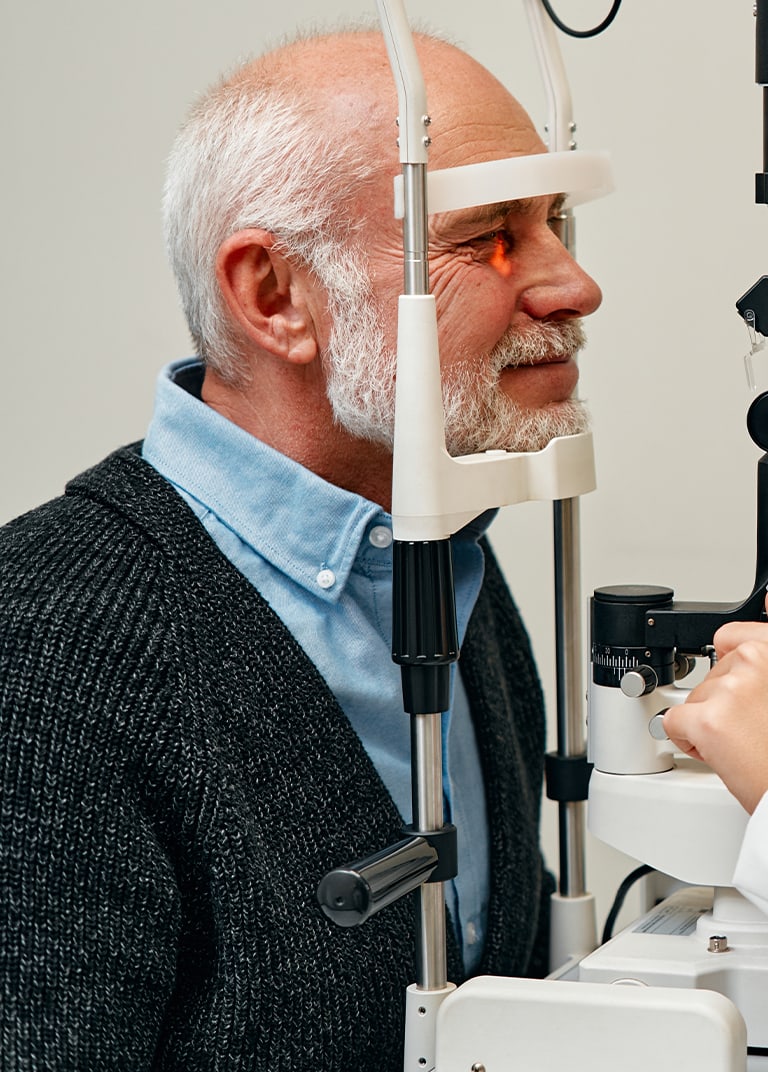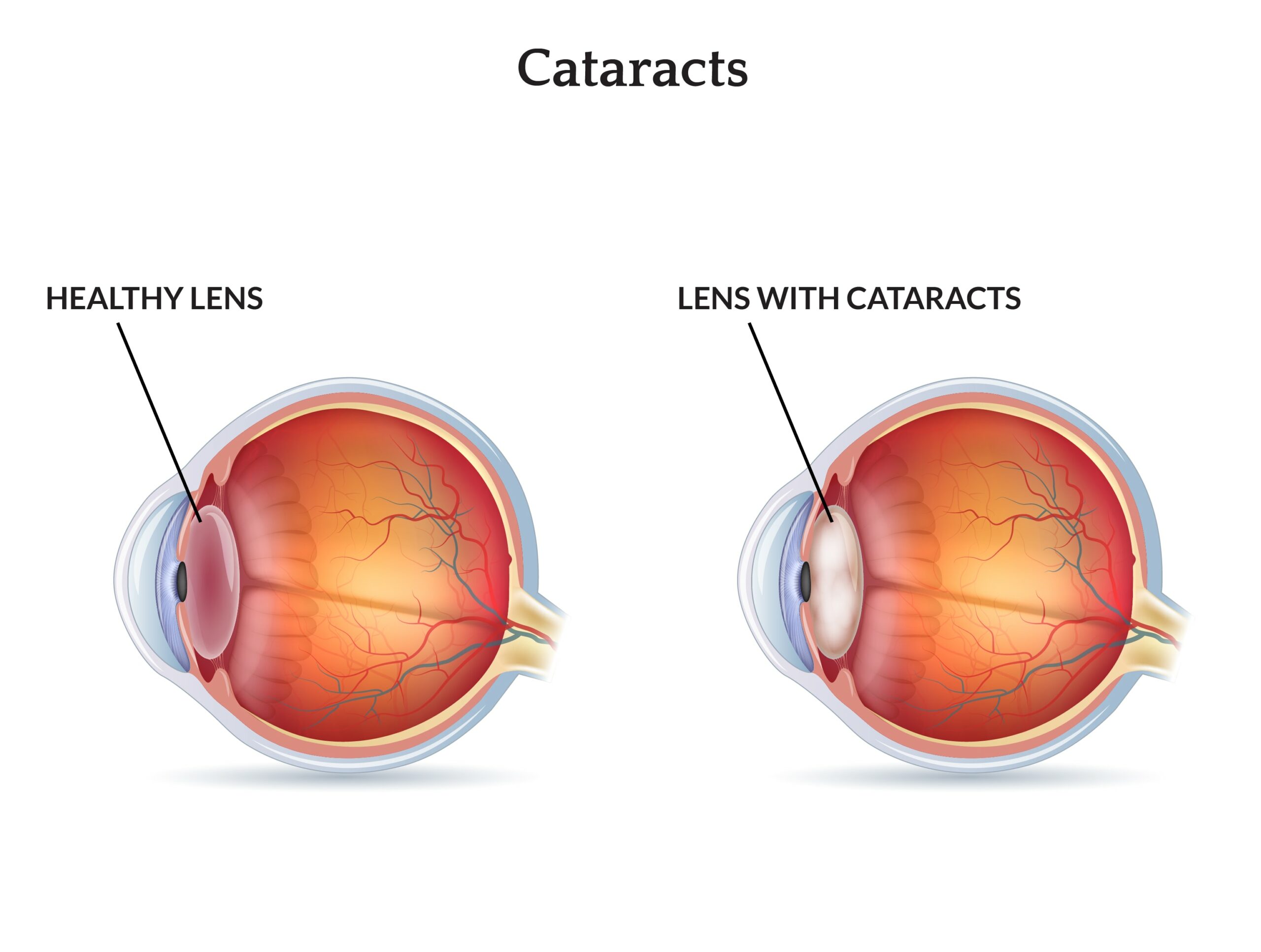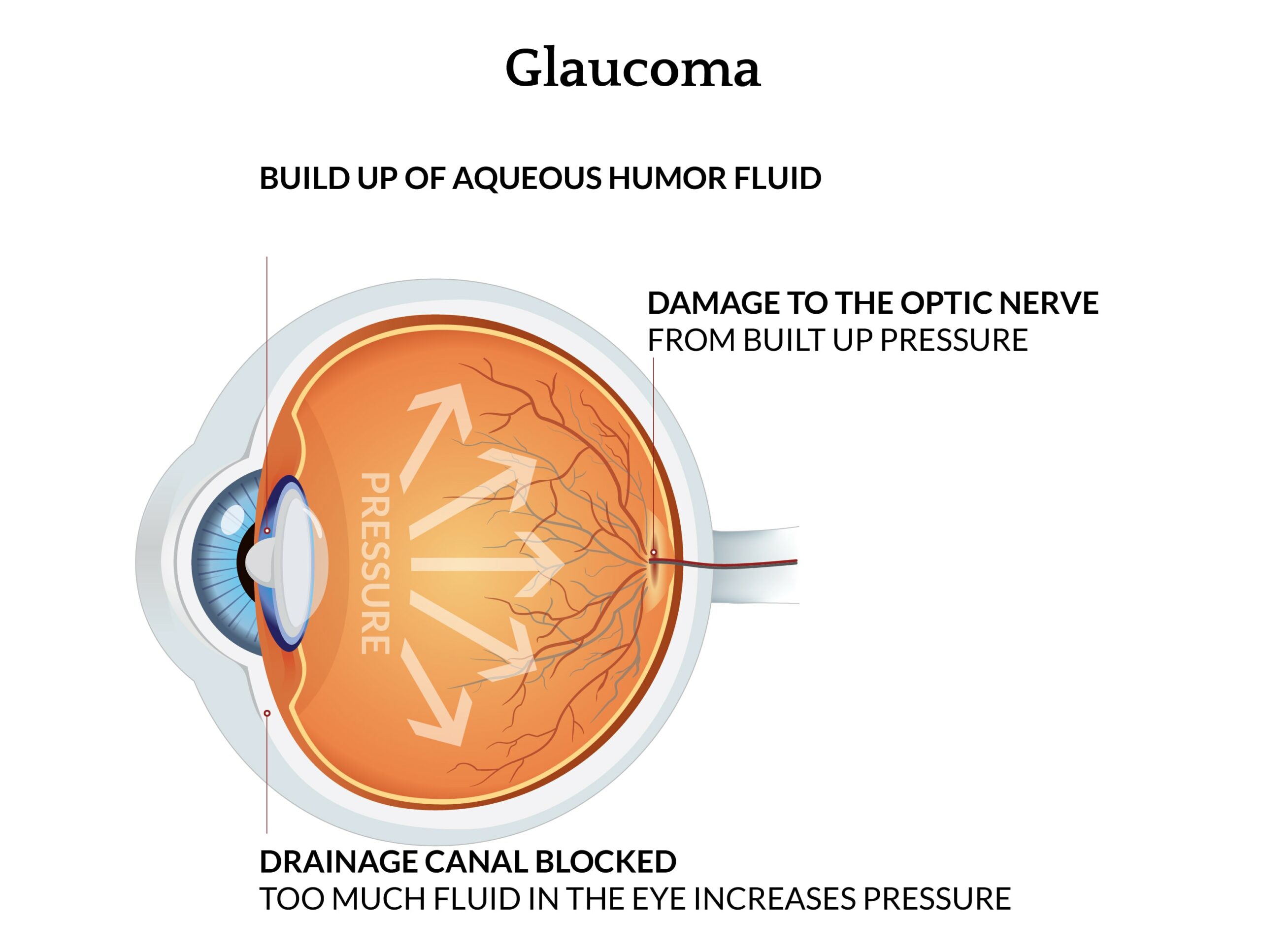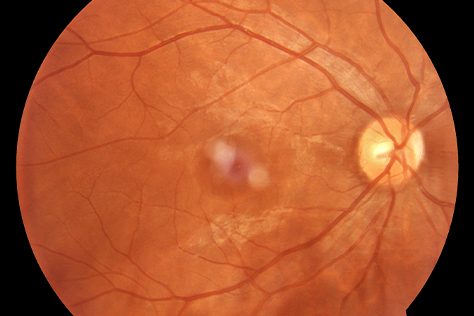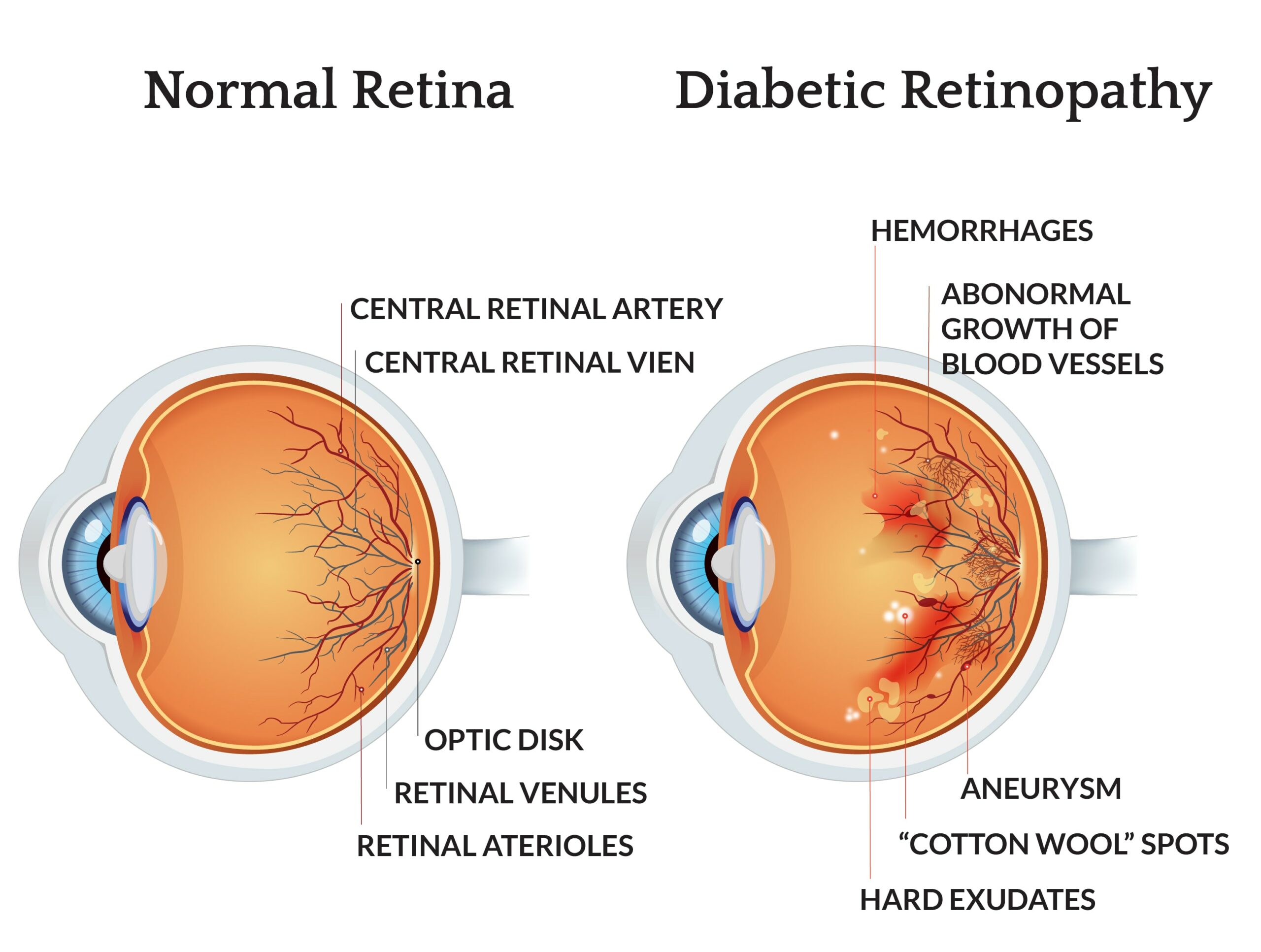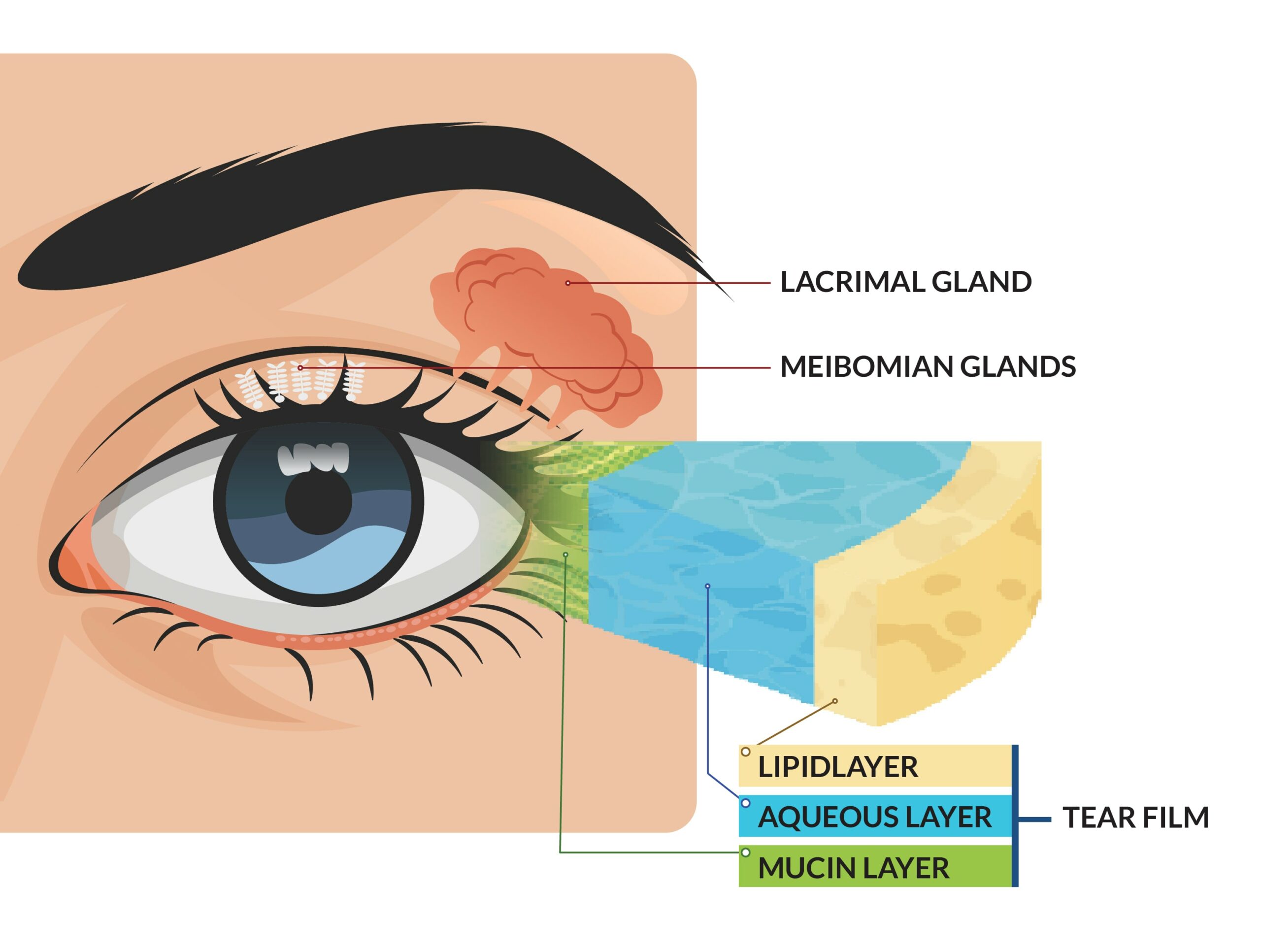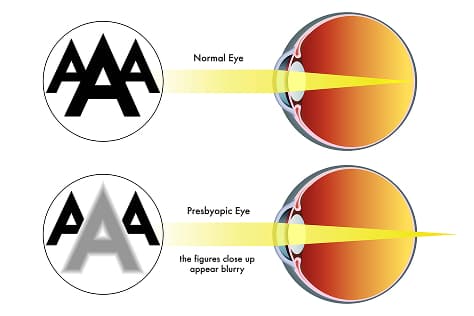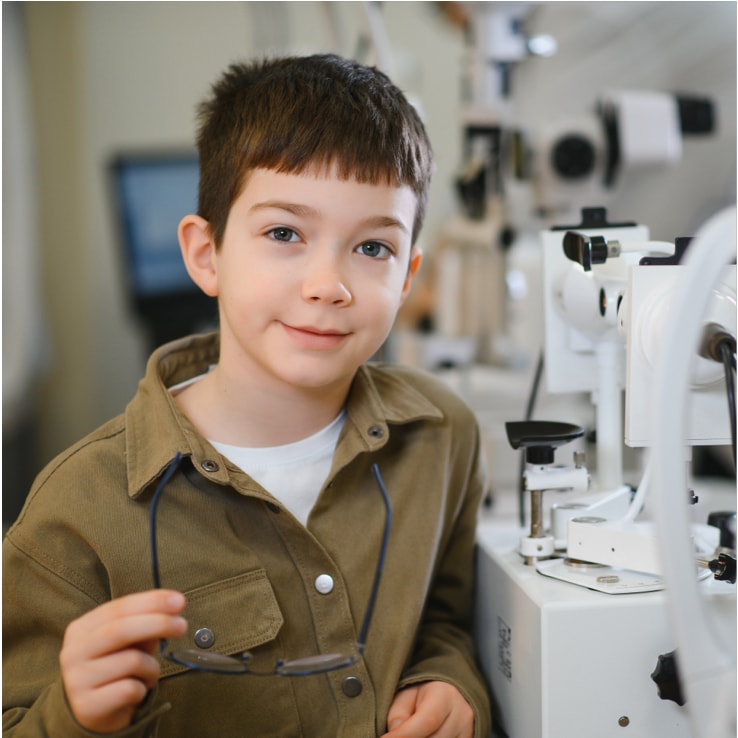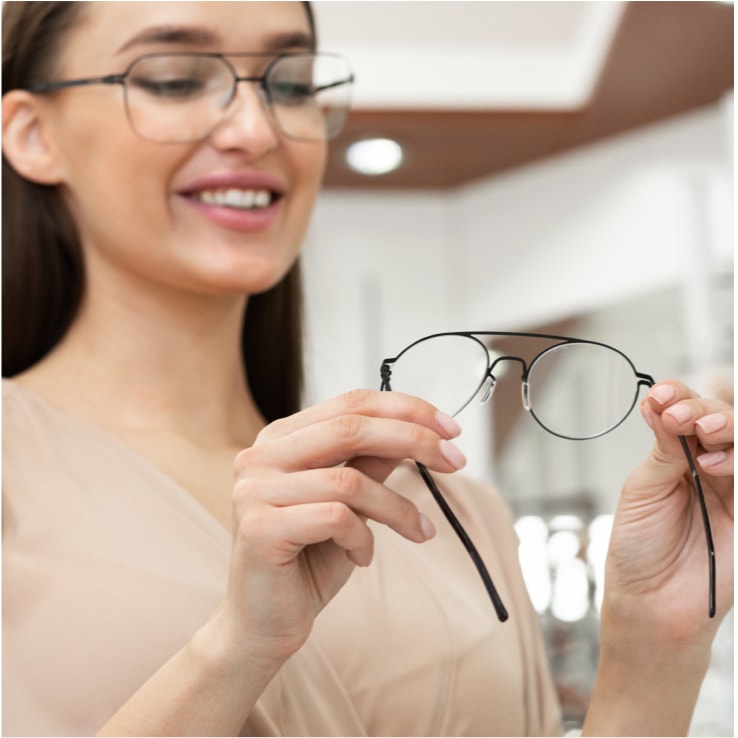
Eye Care Tailored to You
Your eye exam should feel more like catching up with an old friend, not sitting in a sterile office. From the moment you walk through our doors, you’ll be greeted by name, made comfortable, and treated like part of the family.
At Grove Eye Care, we don’t just check your vision. Our comprehensive approach helps us detect and manage eye conditions early. We take the time to understand your lifestyle, health history, and unique concerns to help you maintain your overall health.
Ready for a personalized eye care experience? Book an eye exam with us today!
Request AppointmentWhy Comprehensive Eye Exams Matter
We recommend yearly eye exams for all our patients. As we age, our eyes change. Even if your vision seems fine, comprehensive visits help us catch early signs of eye disease in early stages, making annual eye exams essential.
Ready for a personalized eye care experience? Book an eye exam with us today!
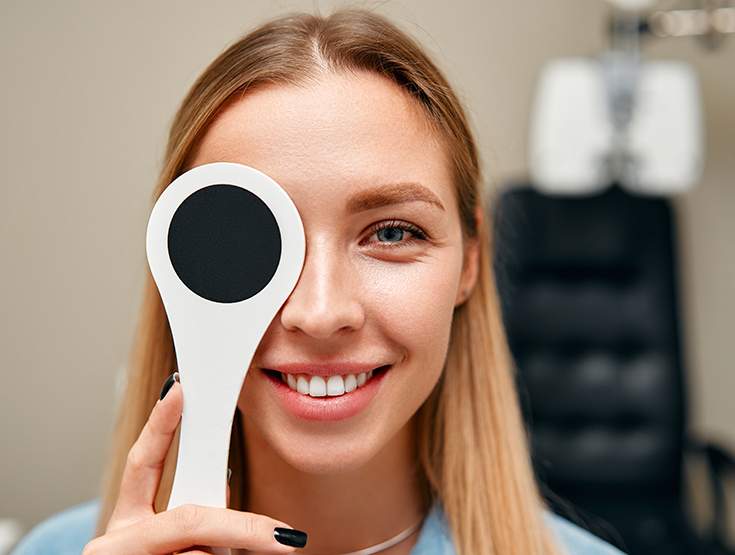

Common Age-Related Eye Conditions
As we age, certain vision concerns become more common, but with proper care, they don’t have to limit your lifestyle or daily activities. Patient education is a big part of what we do, and discussing the details of different eye diseases or conditions can help you prepare for your exam.
During your comprehensive exam, we’ll screen for a full range of eye conditions.
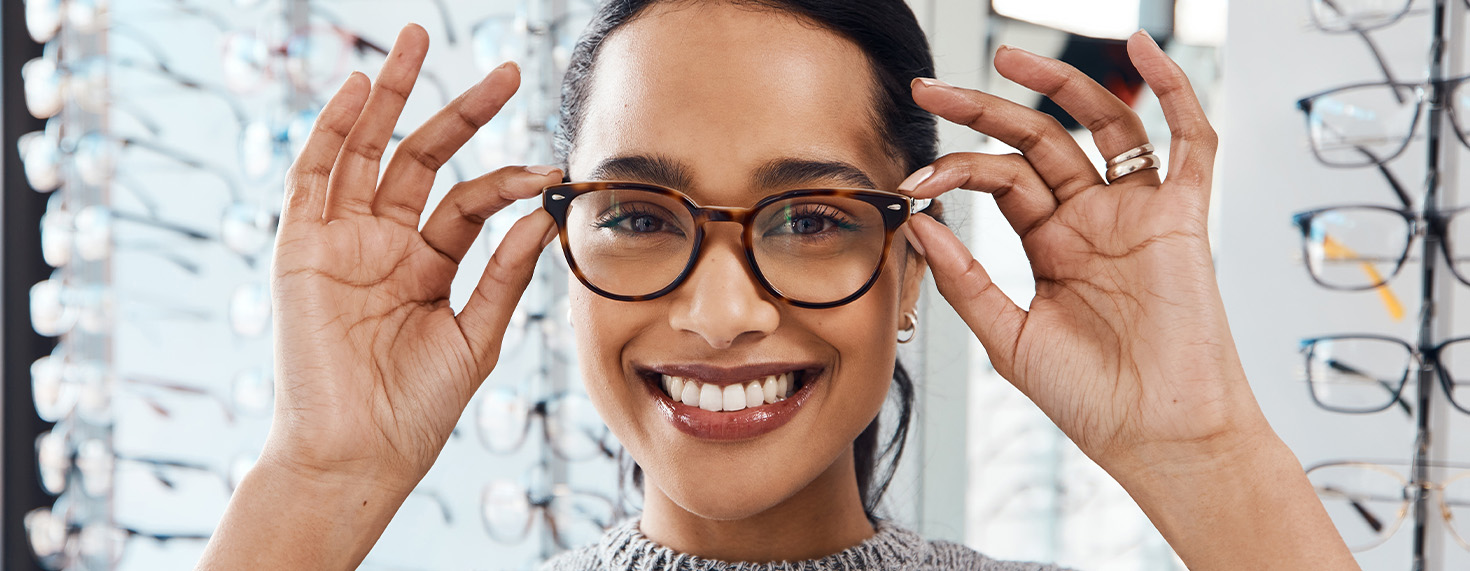
Your Eyes, Your Style
Your care doesn’t end when your exam does. Our optometrists and opticians work side-by-side to create a smooth and stress-free transition from diagnosis to correction.
We can help you select your first pair of progressive lenses or choose a stylish pair of frames that reflect your personality. No matter what you’re looking for, we’ll guide you through every option. Need something specialized? We offer digital eye strain solutions and customized lenses for hobbies and work. And thanks to our close collaboration, you’ll never feel lost in the process.
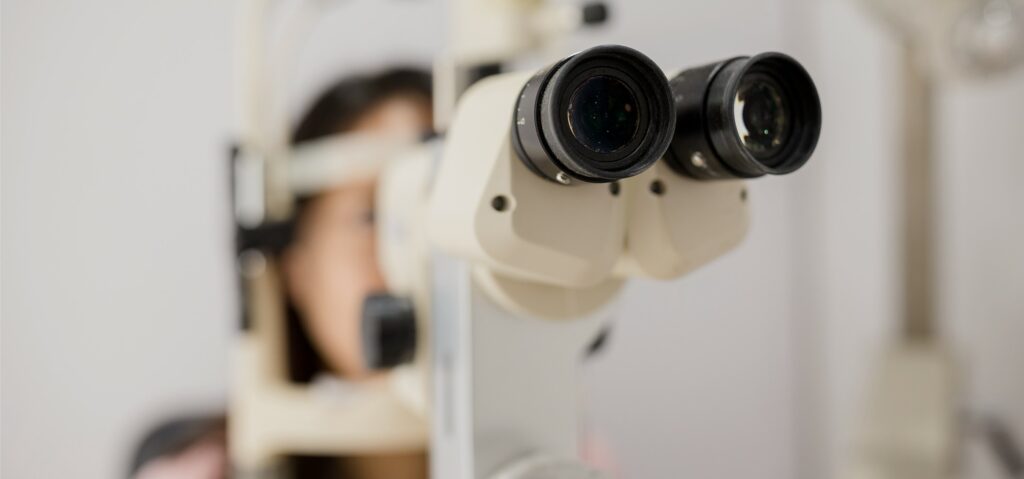
Richmond
Our Address
- 3601 Grove Ave
- Richmond, VA 23221
Contact Information
- 804-353-3937
- 804-358-1395
- frontdesk@groveeyecare.com
Hours of Operation
Midlothian
Our Address
- 14431 Sommerville Ct, Suite B
- Midlothian, VA 23113
Contact Information
- 804-888-8998
- 804-888-8999
- frontdesk@groveeyecare.com
Hours of Operation

What Our Patients are Saying
Wonderful experience from my initial call through to making my next appointment! The office team are friendly, professional, efficient, and kind. Dr. Deese took the time to listen to my concerns, examine my eye, explain my treatment plan and answer any questions. He is super personable and clearly very knowledgeable. I highly recommend the practice!
Michele
I’ve been coming here for a few years, but my former eye doctor retired last year, so my most recent appointment was with Dr. Wong. He was very thorough. I appreciated him indulging all my questions about the purpose of each machine, as well as, how different parts of the eye function. Great, seamless appointment.
Peighton
Dr Parsons is delightful. I’ve been going to Grove Eye Care for many years and when my doctor retired I was thinking maybe I’d look for someone closer to my home. But after meeting her and her caring professional team, I decided to stay…and am very happy I did!
Kathie
Dr. Parsons has been taking care of me and my family for years. The staff is amazing and very welcoming every time that I visit. They have state of the art equipment and technology. Dr. Parsons takes the time to thoroughly examine my eyes and she explains what she is doing step by step. The entire office is very clean and the environment is awesome!
Chaz
Top Notch! I had very nice experience. All the staff were very professional. My appointment on time. I was treated with the upmost of care and respect. All the care I was given was explained step by step not just of tests, but the why they were being done. My doctor made sure I understood the purpose of my whole exam. I was blown away by the attention I received. I appreciate their care.
Johnie
This was my first visit to your office. Everyone was helpful, polite positive and seem to enjoy their jobs. The girls at the front desk were fantastic. One even let me borrow her air pump to pump up my motorcycle tire. The doctor and the assistant eye specialist were excellent. Everything was explained to me and done in a professional manner.
Steven


